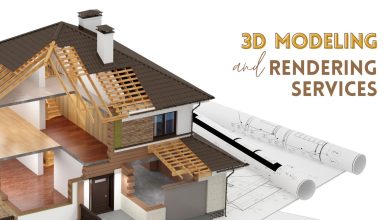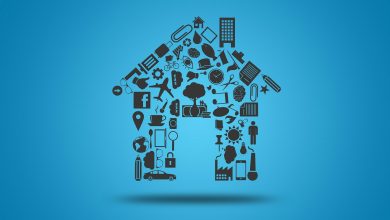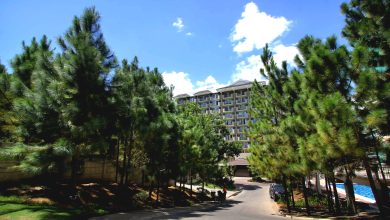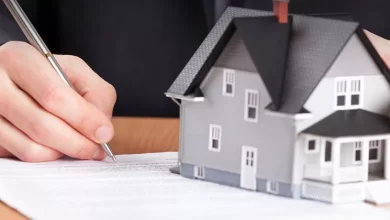What is the Cost of Living in Dubai for Ex-pats?
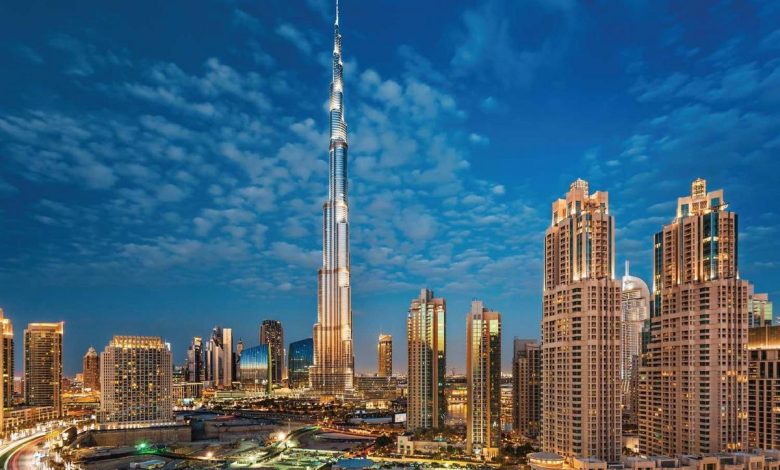
Think endless sunshine, glittering skyscrapers, artificial islands, upcoming projects like Six Senses Dubai, fantastic job opportunities, excellent transportation, and ready and off-plan properties Dubai, all together makes Dubai one of the most sought-after ex-pat destinations globally.
When people talk about Dubai’s cost of living, one fact always stands out. There is no income tax in Dubai. That is only one of the reasons why it’s such a famous destination for foreigners. Examining the actual cost of living in Dubai will give future ex-pats an idea of what they will have to pay for everyday necessities when moving.
Currency in Dubai:
The official currency of Dubai and the UAE is the Dirham, which is also known as AED (Arab Emirates Dirham) at exchange offices. At the end of 2021, one AED is worth 2.88 Canadian dollars, 3.67 US dollars, and 4.97 British pounds.
Cost of Housing in Dubai:
Housing costs depend on where you want to live, and where you live in Dubai depends a lot on where you will be doing business or where your workplace is.
Here you will find an overview table for apartment rent:
| Type of Apartment | Cost of rent per month |
| Apartment (1 bedroom) in City Centre | AED 5,528.59 |
| Apartment (1 bedroom) Outside of Centre | AED 3,687.32 |
| Apartment (3 bedrooms) in City Centre | AED 10,799.55 |
| Apartment (3 bedrooms) Outside of Centre | AED 7,490.97 |
The Palm Jumeirah is one of the most popular residential areas in Dubai. It is a popular area for ex-pats, Business Bay, Dubai Marina, Downtown Dubai, and Dubai Marina, all of which have relatively similar renting prices.
The average rental price for a one-bedroom apartment in Palm Jumeirah starts from AED 30,000 per year or 1,000 per month. However, ex-pats love to live in this area because the nearby amenities are generally better suited to their requirements. Ex-pats can also invest in Six Senses Dubai, an upcoming off-plan project in Palm Jumeirah.
Household Costs in Dubai:
Generally, as a tenet in Dubai, you are responsible for your utilities and internet expenses. There is generally a connection fee of AED 1,000 per apartment to set up your utilities. You can expect to spend around AED 1,000 per month on your electricity bill. It can be a little less if you are very energy conscious or a lot more if you have a large home.
Grocery Costs in Dubai:
Everday groceries like oranges, tomatoes, potatoes, onions, apples, rice, and vegetables are affordable. You can get them for AED 10 per kg. However, milk, bread, and eggs are also cheap.
Transportation Costs in Dubai:
Dubai has excellent public transport. The cost of a monthly pass, which is generally less than AED 300, is cheaper than in other cities. A single-use bus ticket can cost as little as AED 5.
If you are looking to lease a mid-range car, you may have to pay around AED 2,500 per month for your lease. Fuel costs are reasonable at around AED 2 per liter.
Conclusion:
If you want to begin a new life in Dubai, you can get good salaries and pay minimal taxation, but rent will account for just over 30% of your monthly wages. For this reason, you can invest in Six Senses Dubai, an upcoming off-plan project, so that you can save 30% of your salary per month. You should probably buy a car long-term, and the cost of drinking alcohol and going out is pretty expensive. However, compared to other world-class cities like London, the cost of living in Dubai is balanced.


